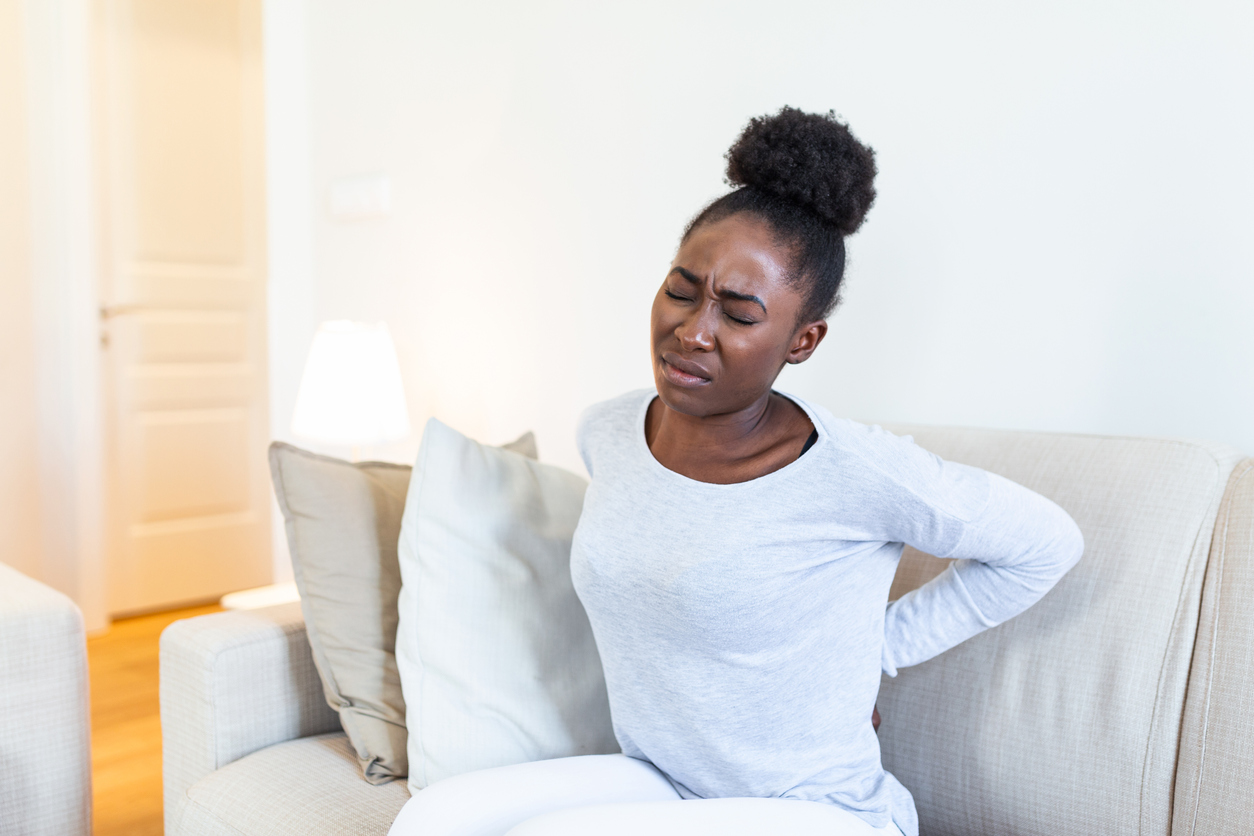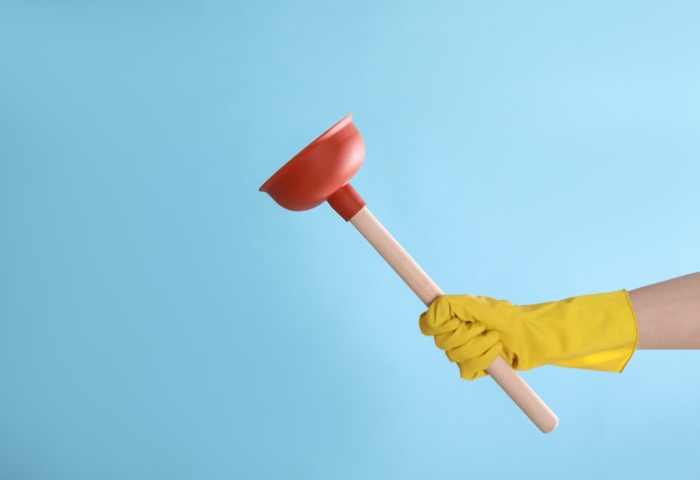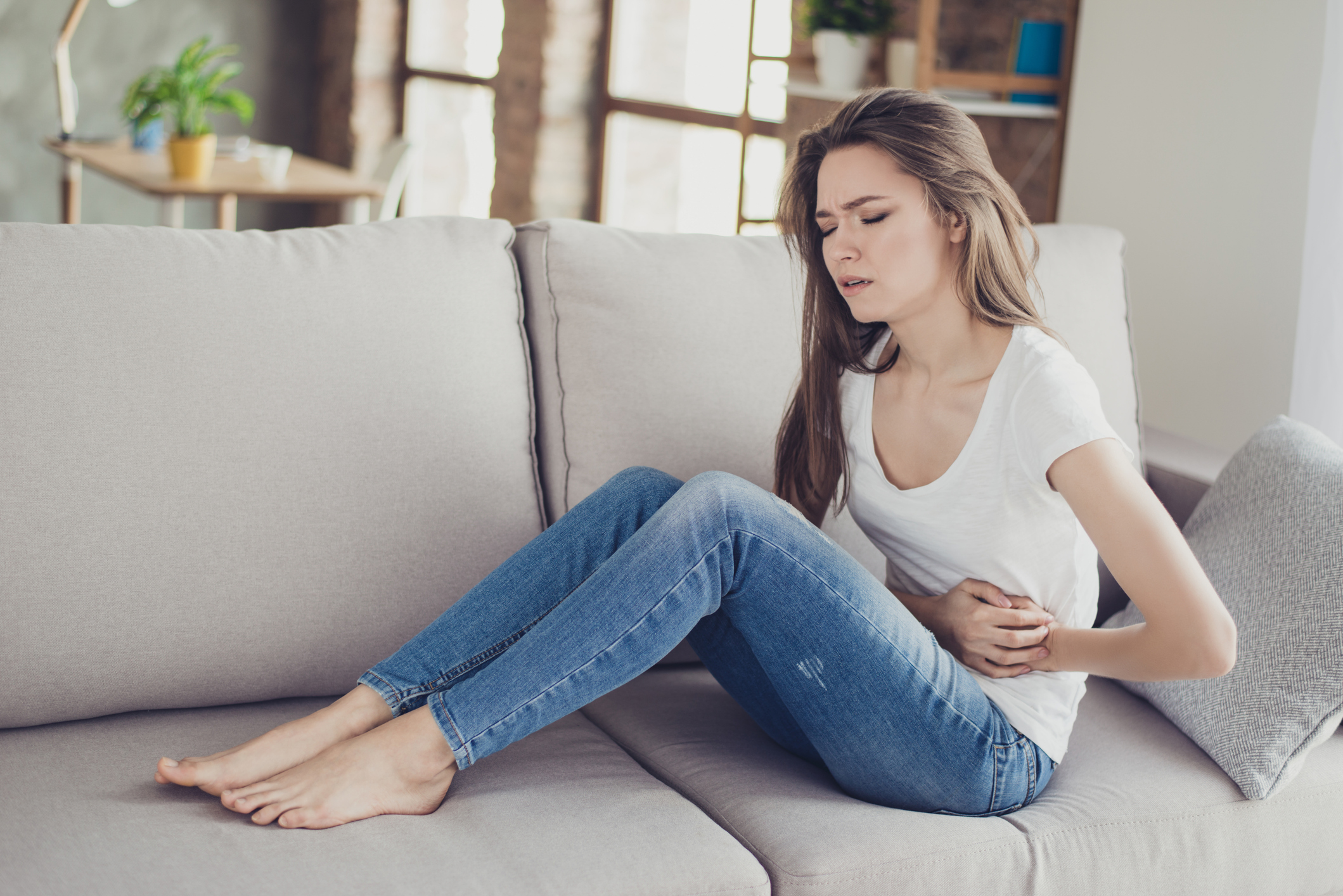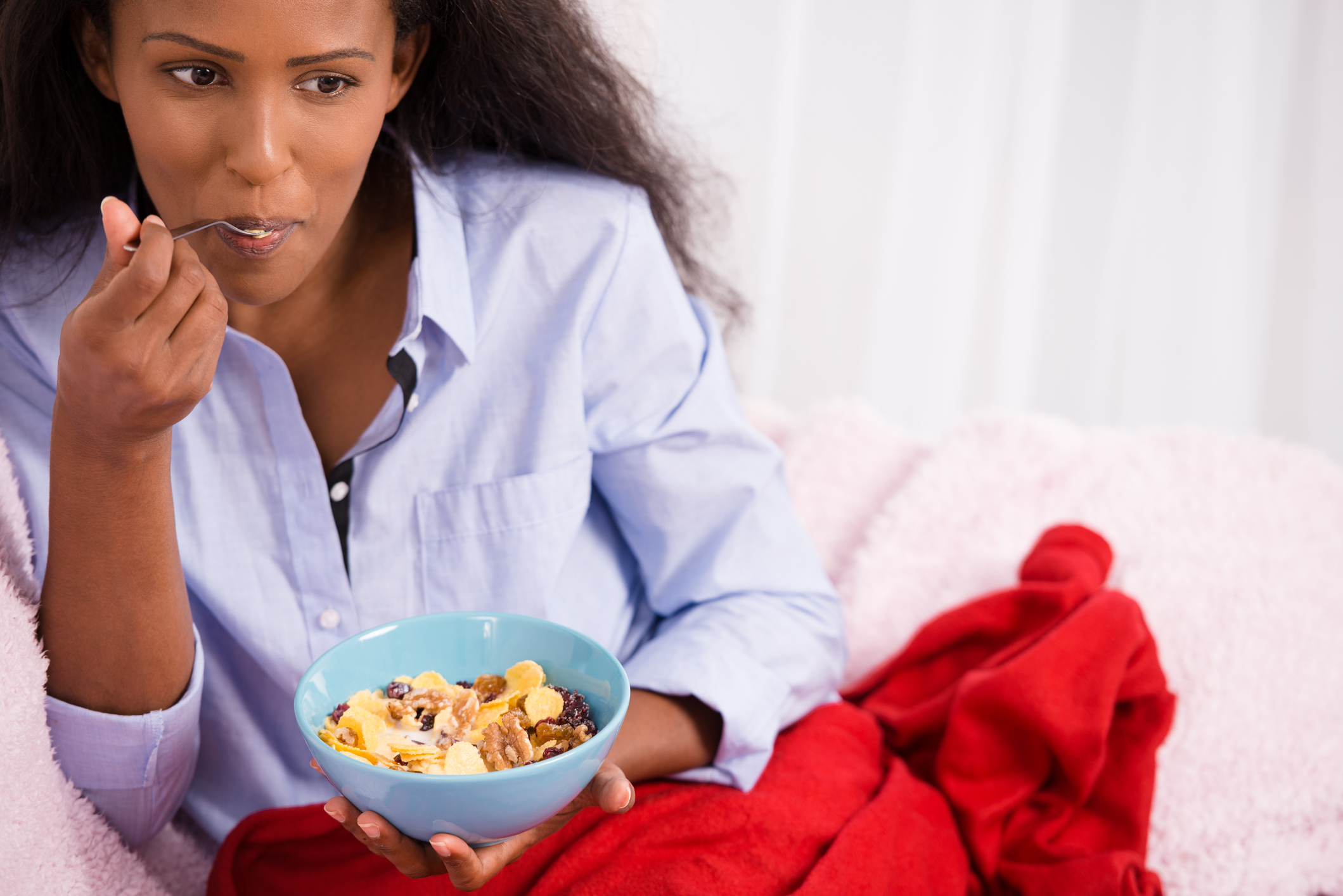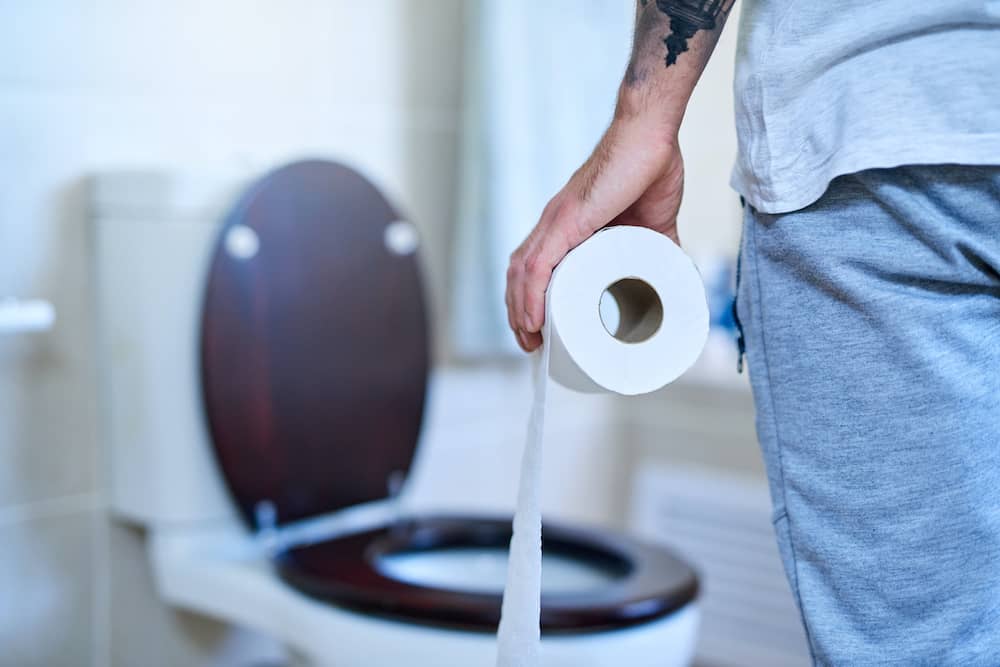What are laxatives?
Laxatives can help you poo if you’re having trouble because of constipation. Lots of people use them and they’re available from supermarkets and pharmacies without a prescription, as well as from your doctor.
There are natural types of laxative – such as prunes and rhubarb – as well as medicines. Laxatives work in different ways, but usually involve at least 1 of the following: increasing the amount of water in your poo (stool) to soften it; helping your poo bulk together; or speeding up your poo’s journey through your bowels by stimulating your bowel muscles.
Read on to learn more about when you should use laxatives and which type might be best for you, as well as the possible side effects and when to see a doctor.
When should you use a laxative?
We’re all different in how often we poo. Some of us go 3 times a day, while other people go 3 times a week – and anything within this range can be normal. However, if you’re going less than is usual for you, you might have constipation.
You may want to use laxatives for constipation if:
- self-care measures haven’t helped. These include drinking more water, making changes to your diet and exercising regularly. You should try these first – read more about self-care for constipation relief
- it’s difficult or painful for you to go to the toilet because your poos are hard, dry or small
- your doctor prescribes them for you
You should never use laxatives for weight loss, as this can lead to potentially dangerous medical problems.
Natural laxatives
Laxative foods
As well as keeping active and eating a healthy, balanced diet, you might also want to try adding more natural laxatives to your diet.
Some foods and drinks may help relieve constipation, including:
- drinks that contain caffeine – caffeine stimulates the muscles in your digestive system. Coffee usually contains a higher level of caffeine than drinks such as black and green tea, so it’s more likely to have a laxative effect
- foods that are high in soluble fibre – fibre absorbs water and helps soften your poo and add bulk – try oats, beans, ripe bananas, apples, broccoli and flax or linseeds
- foods that are high in insoluble fibre – insoluble fibre bulks up your poo to help your muscles push it along – try wholegrain cereals, wheat bran, berries, rhubarb and dried fruits such as prunes and figs
Experts recommend that you try to eat about 30g of fibre a day. It’s also important to drink plenty of water when you up your intake of fibre, as both types need water to work properly.
Read more about the best foods to help constipation.

Plant-based laxatives
If lifestyle changes and laxative foods don’t help, you can ask your pharmacist about plant-based laxative options. These include products containing:
- senna – this is a plant with laxative effects, which is used in lots of products, including tablets and syrups. It should only be taken for a few days, as your body can start to rely on it if you take it for longer
- high-fibre plants – these make up some of the bulk-forming laxatives, such as ispaghula husk (also known as psyllium husk)
Which type of laxative is right for you?
There are 4 main types of laxative, which can be natural or medical and are available from pharmacies. Talk to a pharmacist about which will be best for you – they’ll usually recommend them in this order:
- bulk-forming – such as ispaghula husk and methylcellulose. These increase the amount of ‘bulk’ in your poo, which stimulates your bowels, and take 2 to 3 days to work
- osmotic – such as lactulose and macrogols. If a bulk-forming laxative doesn’t work, your pharmacist may advise adding to it or replacing it with an osmotic. These draw water into your large bowel to allow poo to pass out more easily, and take 2 to 3 days to work
- stimulants – such as senna and bisacodyl. If your poo is soft but still difficult to pass, your pharmacist might recommend adding a stimulant laxative to a bulk-forming laxative. These stimulate your bowel muscles, to help to push poo through, and can work quite quickly, in less than 12 hours
- softeners – such as docusate. Sometimes called ‘surface wetters’, these both make your poo softer and stimulate your bowel muscles, and take between 12 hours and 3 days to work
Laxatives are available as:
- tablets or capsules you swallow
- sachets of powder you mix with water to drink
- liquids or gels you drink
- suppositories – capsules you place inside your bottom (rectum), where they dissolve
- enemas – liquids or gels you insert directly into your rectum

How to take laxatives
If you need to use laxatives, the best and safest way to use them is to take the lowest dose you need, for the shortest possible time. That’s why it’s so important to talk to a pharmacist and follow the instructions carefully – including whether you need to take them at certain times of day, and if you should increase your water intake while taking them.
Who shouldn’t take laxatives
Although most people can safely use laxatives, not all laxatives are suitable for everyone.
You should check with a doctor or pharmacist before using laxatives if you’re pregnant, breastfeeding, or you have any of the following:
- a bowel condition such as irritable bowel syndrome (IBS), Crohn’s disease or ulcerative colitis
- diabetes
- liver or kidney disease
- a colostomy or ileostomy
If you can’t take laxatives, you can still do a lot to prevent and treat constipation with lifestyle and dietary changes, and your doctor will be able to advise you. Read more about natural ways to relieve constipation.
Side effects of laxatives
Like most medications, laxatives can cause side effects. However, these are usually mild and should go away once you stop taking them. The most common side effects include:
- bloating
- passing wind (flatulence)
- painful tummy cramps
- feeling sick (nausea)
In addition, taking too many laxatives in a short space of time can be dangerous and lead to:
- diarrhoea
- dehydration
- changes to the balance of salt and minerals in your body
If you become dehydrated when taking laxatives, you may feel lightheaded and have headaches and dark pee.
If you take certain laxatives for too long, your bowels can become dependent on them and not work as well as they should without them.
To reduce the risk of side effects from laxatives, you should:
- always take the correct dose
- make sure you drink enough fluid – at least 6 to 8 glasses of water a day is recommended
- avoid taking them for more than a few days without talking to a doctor
When to see a doctor
You should see a doctor if:
- you’re often constipated, it lasts a long time or doesn’t improve with treatment
- you’re in a lot of pain when you go for a poo
- you have blood in your poo
- you’re losing weight without meaning to
- you’ve lost your appetite
- you feel very tired all the time
- you’re taking medicine that’s causing constipation
- you have lower tummy pain, discomfort or bloating that doesn’t go away
- you have a lump or swelling in your tummy or anus
- you’re using laxatives to help you lose weight – this can be dangerous and a sign you may need support (find out more about getting help with eating disorders)
You should get emergency medical help if:
- you’ve suddenly lost control of your bowels and leaked poo
- you’re constipated and start being sick (vomiting) or get severe pain in your tummy
- you have a lot of blood in your poo
If you’re worried about any symptoms, you can use our Smart Symptom Checker for more information.
Your health questions answered
Is alcohol a laxative?
Answered by: Dr Roger Henderson
“For some people, wine and beer can have an effect on the bowels, causing them to poo more frequently. The effect can vary, depending on how much alcohol you drink on a regular basis. However, you should never drink alcohol to try to keep your bowels regular, and always stick to the alcohol guidelines that apply where you live.”



